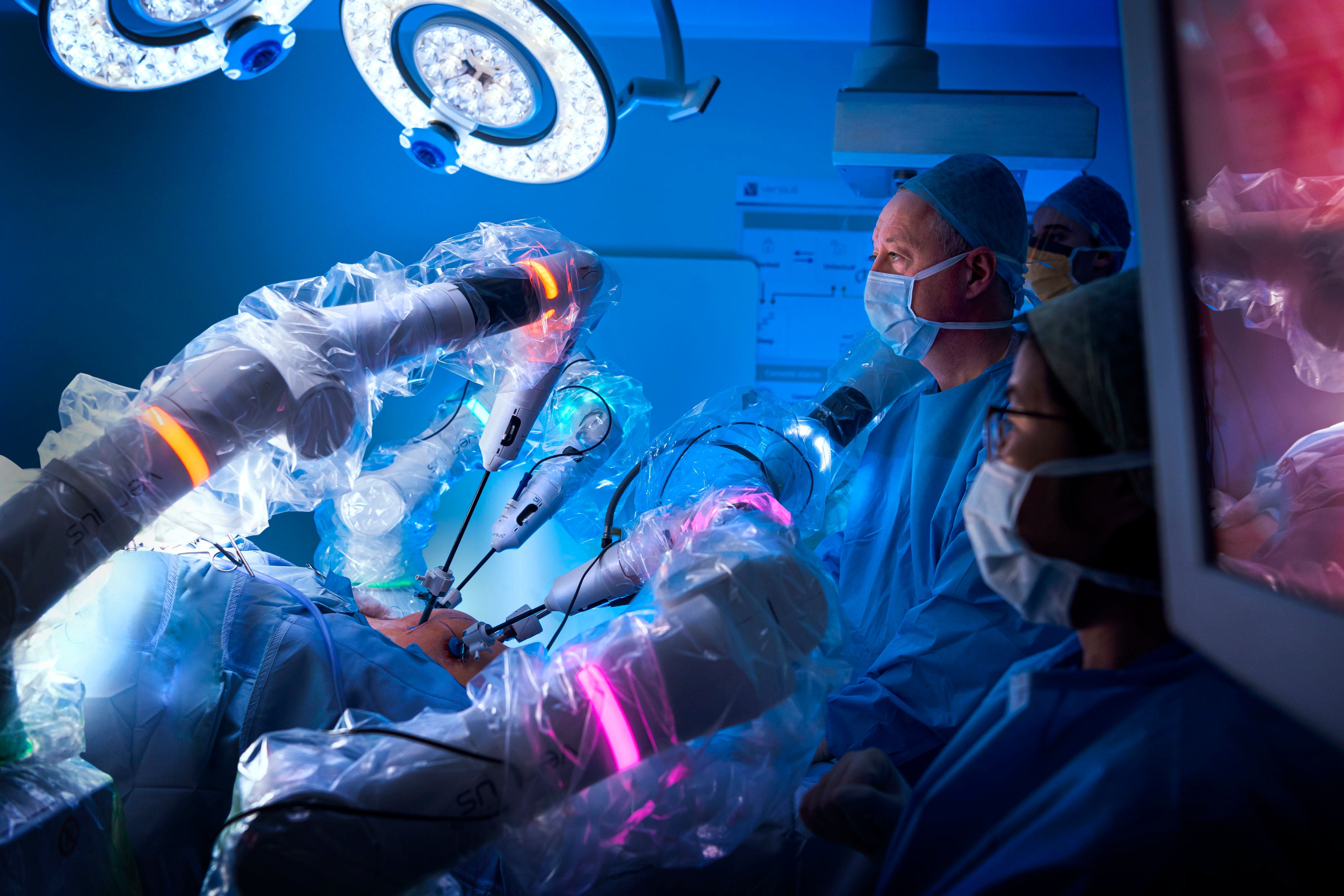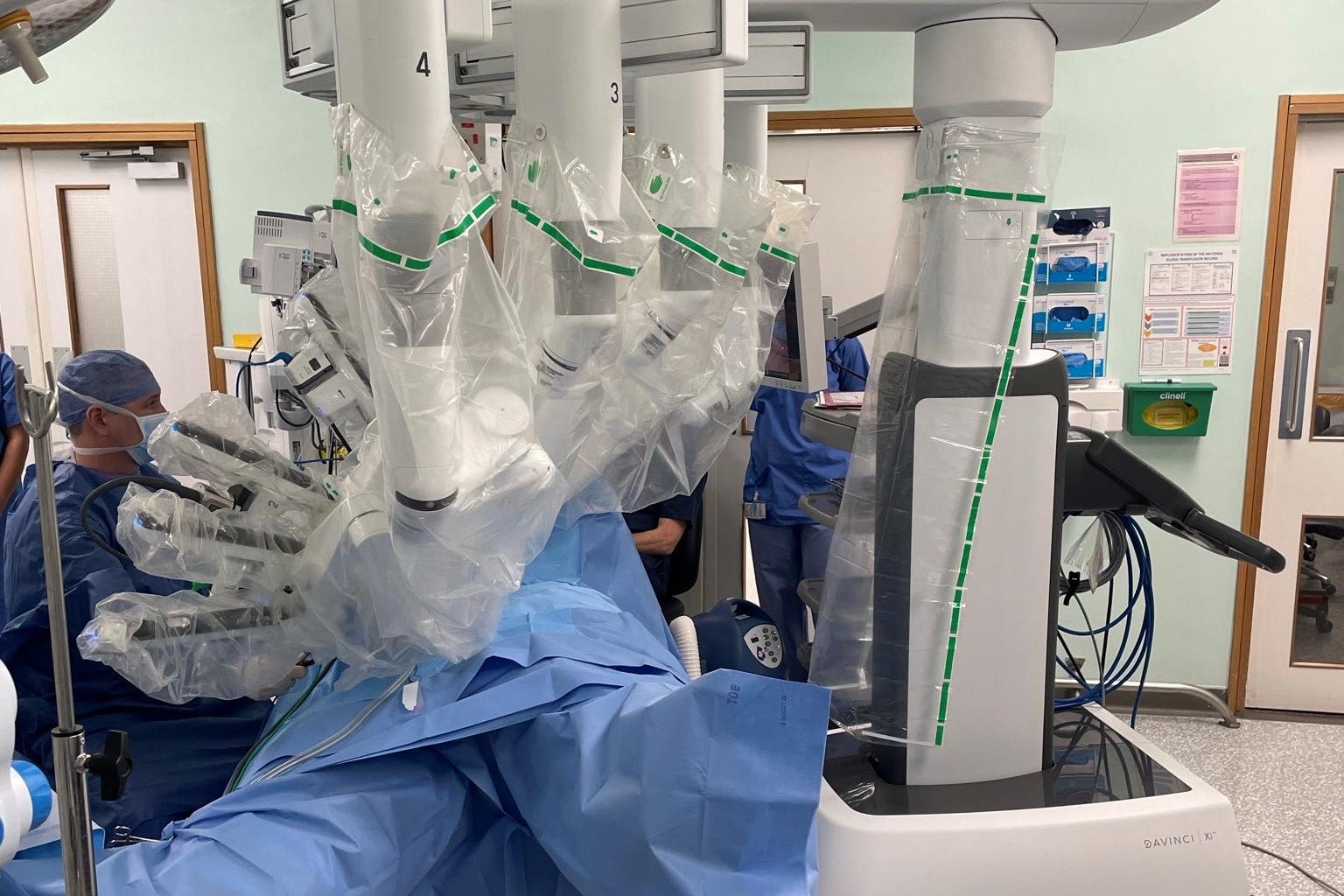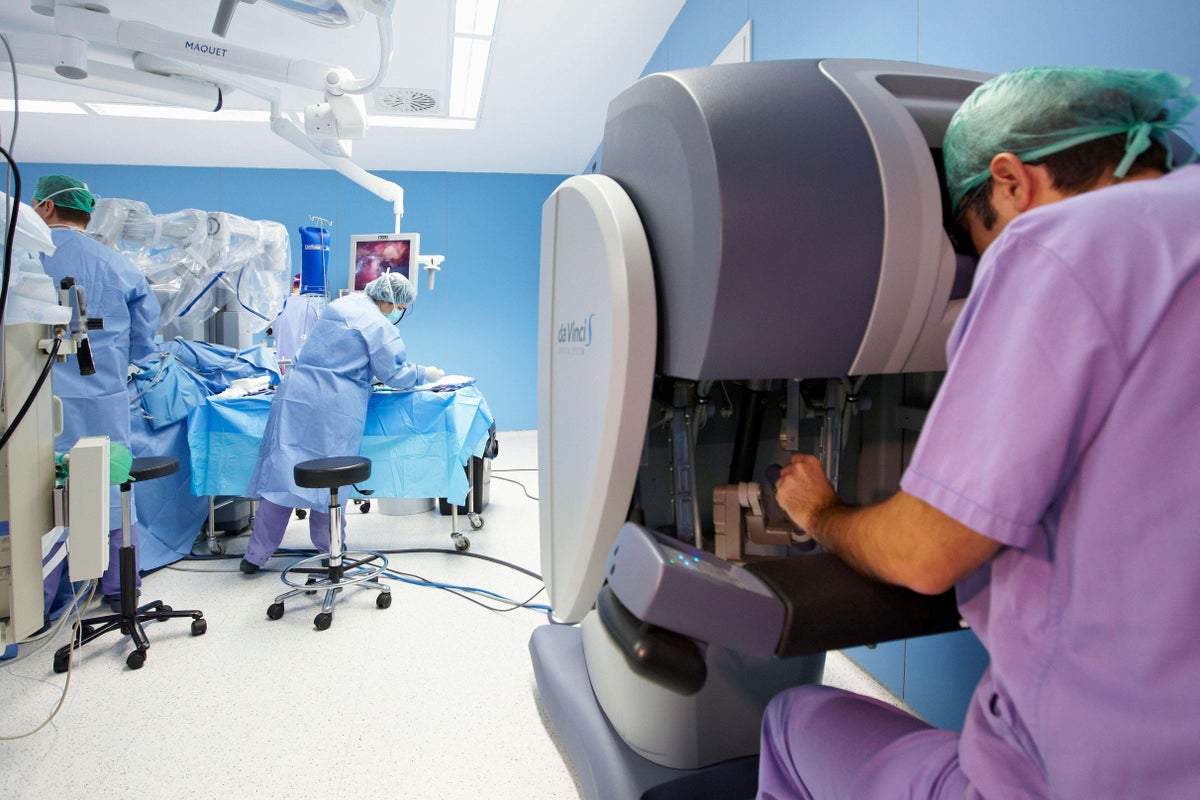Your support helps us to tell the story
From reproductive rights to climate change to Big Tech, The Independent is on the ground when the story is developing. Whether it’s investigating the financials of Elon Musk’s pro-Trump PAC or producing our latest documentary, ‘The A Word’, which shines a light on the American women fighting for reproductive rights, we know how important it is to parse out the facts from the messaging.
At such a critical moment in US history, we need reporters on the ground. Your donation allows us to keep sending journalists to speak to both sides of the story.
The Independent is trusted by Americans across the entire political spectrum. And unlike many other quality news outlets, we choose not to lock Americans out of our reporting and analysis with paywalls. We believe quality journalism should be available to everyone, paid for by those who can afford it.
Your support makes all the difference.Read more
The NHS in England is planning a significant expansion of robotic surgery to speed up patient care.
Last year, approximately 70,000 robot-assisted surgeries were performed, but this number is projected to increase to around 500,000 over the next decade.
By 2035, NHS officials anticipate that 90 per cent of all keyhole surgeries will be carried out with robotic assistance, a substantial increase from the current rate of one in five.
Health Secretary Wes Streeting, a former kidney cancer patient who underwent robot-assisted surgery, believes that innovative technologies will “transform the NHS”.
Experts have noted that robotic surgery allows for “greater dexterity and are easier to manipulate” compared to traditional surgical methods.
Surgeons control instruments using a console and a camera.

open image in gallery
Health Secretary Wes Streeting, who had robot-assisted surgery when he had treatment for kidney cancer, said that innovative technologies will “transform the NHS” (Milton Keynes NHS Hospital)
In some othopaedic procedures, robots are programmed to perform elements of procedures.
Officials said that the range of robotic-assisted procedures has widened in recent years and spans multiple areas of medicine.
Speaking ahead of a speech at the NHS ConfedExpo conference in Manchester, NHS England boss Sir Jim Mackey said: “The NHS has pledged to return to shorter elective waiting times by 2029 and we are using every tool at our disposal to ensure patients get the best possible treatment.
“Expanding the use of new and exciting tech such as robotic surgery will play a huge part in this.
“Not only does it speed up the number of procedures the NHS can do, but it also means better outcomes, a faster recovery and shorter hospital stays for patients.”
Mr Streeting said: “Innovative treatments and technologies that help fast track better outcomes for patients is how we transform our NHS and make it fit for the future.
“I know myself how important this is, when the NHS saved my life from kidney cancer with an operation led by a world-class surgeon being helped by a robot.
“Whether it’s robotic surgery, our new health data research service to accelerate the development of new medicines, or announcing new artificial intelligence that detects skin cancer, our Plan for Change is driving forward new ways to help cut waiting lists and get patients treated on time again.”

open image in gallery
The robots give surgeons a greater range of motion than in traditional surgery (NHS Greater Glasgow and Clyde)
John McGrath, consultant surgeon at North Bristol NHS Trust and chair of the NHSE Steering Committee for Robotic Assisted Surgery, added: “Robot-assisted surgery is a perfect example of innovation improving patients’ care and transforming the way the NHS works – the number of procedures being carried is set to rapidly grow over the next 10 years according to our analysis.
“As keyhole surgery continues to develop and scale up in the NHS, it is likely that many of these procedures will be provided with degrees of robot assistance in the future.
“Faster recovery and shorter hospital stays are not only hugely important benefits for patients undergoing surgery, if used efficiently they can have a positive impact on the rest of the system by relieving pressure on services and therefore helping to reduce waiting times.”
